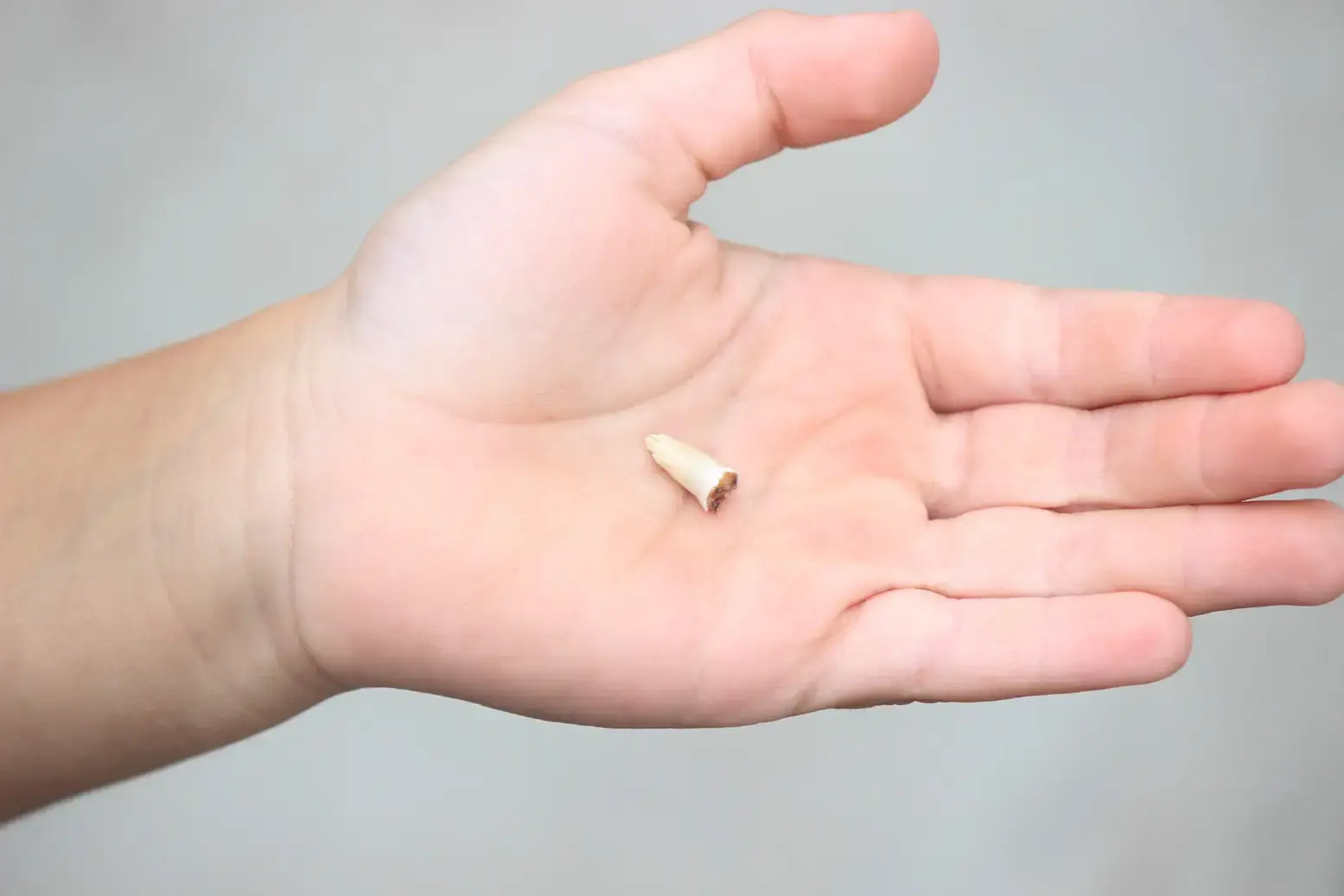Dental Implants
Dental implants are important choice for replacing missing teeth. Dental implants are artificial tooth roots made up of titanium which are inserted into the jaw for fusing with bone over period of time. This process of osseointegration is important for laying stabilized foundation for crowns, bridges or overdentures.
Good Candidates for Implants
- Complete growth & maturation of the jawbone
- Has sufficient bone density for holding implants in location, or match the requirements for a bone graft
- Exhibit signs of healthy oral health and have no signs of periodontal disease
- Do not suffer from any medical conditions that may hinder the healing of bone
Advantages of Dental Implants
- Maintaining dental health and preventing bone loss
- Compared to bridges, there's no need to alter the adjacent teeth
- Preventing drooping by offering support for the face structures
- Improved ease and efficiency throughout chewing
- Preventing adjacent teeth from moving into the space
- Great aesthetic outcomes
- Longevity, if it is properly maintained and managed
Process of Getting an Implant
It involves various steps and detailed planning:
A thorough oral health examination discussing available treatments followed by which there might be extraction of teeth and, if needed, bone grafting for adequate bone support for the dental implants.
While placing implant, local anesthesia is given to reduce any discomfort or pain.
Implants need time to heal and fully fuse with bone. An abutment is placed which serves as an attachment for replacing tooth with crown, bridge or denture.
Types of Dental Implants
- Endosteal Implants: These are directly placed in jawbone
- Subperiosteal Implants: Placed under the gum but above the jawbone, typically used when bone density is insufficient for endosteal implants
Care and Maintenance of Dental Implants
Proper care, regular brushing, flossing & routine dental checks extend the life of dental implants.
Risks and Considerations
Implant failure, infections at the implant site, harm to neighboring structures, and problems from pre-existing medical disorders are just some of the possible dangers associated with dental implants, given their high success rate. Your dentist may decrease these risks with an in-depth examination.
Frequently Asked Questions
Do dental implants pose a risk?
When placed by a qualified dental professional, dental implants are considered as an efficient and secure means for replacing missing teeth. If given proper care, they may survive for many years and have a high rate of survival.
What period of time does it take to get dental implants?
A few months may pass between the implant's original placement and the final restoration's attachment. The osseointegration process, whereby the implant combines with the jawbone, typically requires a few months, yet recovery periods differ from individual to individual.
Is getting a dental implant painful?
A local anesthesia is administered during the procedure, but most patients experience slight discomfort. over-the-counter medications are usually used for relieving post-procedure discomfort.
How should my dental implants be maintained?
Maintaining care of dental implants is similar to taking care of natural teeth. It involves brushing and flossing on a regular basis, avoiding chewing on hard stuff for the implant, and having regular visits to the dentist.
Are dental implants offered to anyone?
Most adults that are in good medical condition and have enough jawbone to support an implant could be suitable for dental implants.
How much do dental implants cost?
It depends on which teeth is selected,number of implants needed any additional treatments needed.This estimate may be best given by the dentist
Do dental implants fall within my insurance coverage?
Many insurance might cover certain cost while other may not reimburse.It is advisable to check with the insurance provider for further details
Can dental implants fail?
Implant failure is uncommon though might fail due to infection, poor dental hygiene ,failure for bone integration or excessive force over implant also due to medical condition which can posses risk
You May Also Like
These Related Stories

Tooth Loss

How How Does Delta Dental Handle Emergency Dental Situations?

